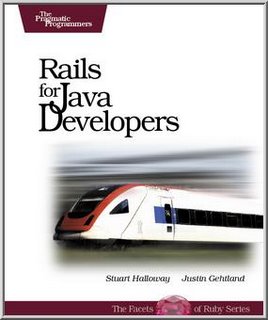http://www.joelonsoftware.com/items/2006/11/10b.html
I love Joel's send up of management consulting applied to software development through the use of metrics.
My question is a real one though. The CEO of one of the places where I work as a "working" consultant (in terms of actually doing productive work, not just analyzing what other people do) just downsized a whole bunch of smart people. He wants to look at our metrics- including things like customer satisfaction. That's going to be tough to measure. How do you measure customer satisfaction in such a way as to rate people on it?
I think step one for me is figuring out who my customers are...I am taking over a project that one of the downsized guys was running, and I haven't even met some of the key stakeholders. When I do, I am going to be sure to remind them to send a monthly note to the CEO reminding him of how satisfied they are! If he gets 5 or 6 of those notes per month, that would be a good metric.
Of course, then the only way to show continuous improvement is to increase the number of messages, or the intensity of the satisfaction they convey. So, I guess I should only tell one person the first month, and then two people the next month. And, I'll need a satisfaction score in order to quantify the satisfaction level. It should probably be an integer, so that it can go negative to indicate dissatisfaction, not that I would tell any of the dissatisfied to send email, they would just do it on their own anyway, and could include a little number. Then he just sum the satisfaction level to get total satisfaction index. With multipliers added to gauge the relative importance of the people that are being satisfied, maybe the multiplier would be their salary divided by 100k.
Hmmm, I don't know how else to do it, but I am afraid if I pose this, I will look like a sarcastic jerk...even though it's just the best I can do sometimes.



